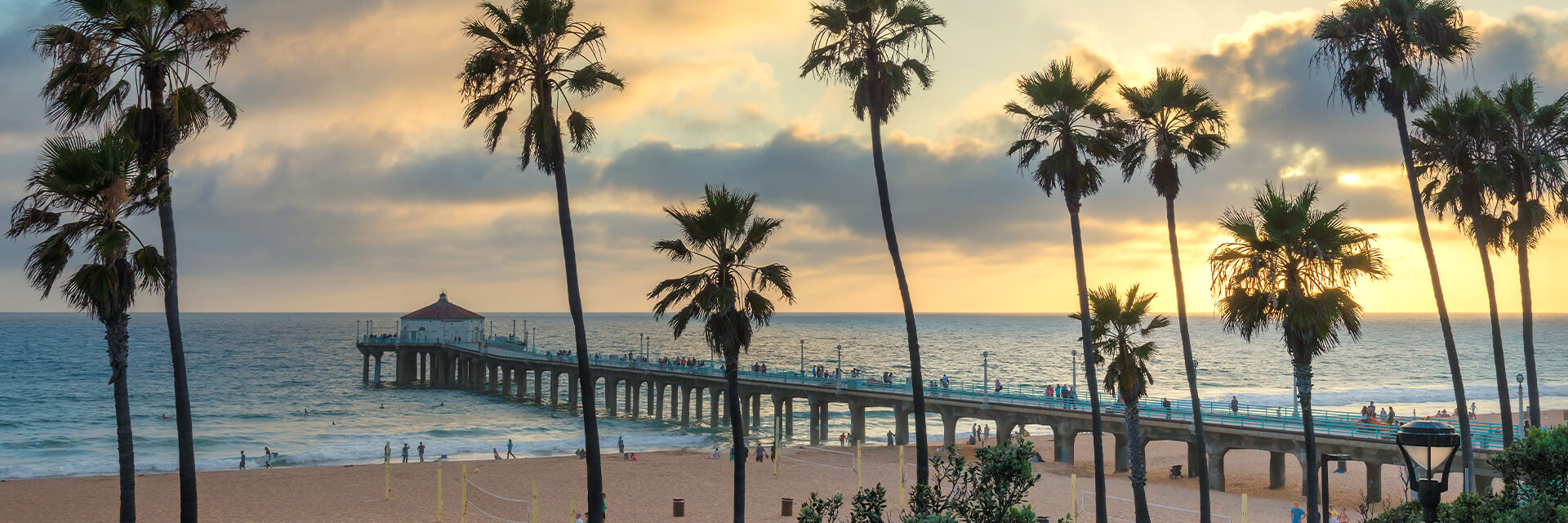
Federal and State Aid Stemming from the Wildfires in California
- Published
- Nov 2, 2017
- Share
President Trump recently declared that a major disaster exists in the State of California and ordered federal aid to supplement state and local recovery efforts in the areas affected by the wildfires. Federal funding is available to the state and to eligible local governments and certain private not-for-profit organizations for emergency work in the counties of Butte, Lake, Mendocino, Napa, Nevada, Sonoma, and Yuba. Governor Brown has declared a state of emergency in other counties including Inyo, Los Angeles, Madera, Mariposa, Mono, Siskiyou, Solano, Trinity, and Tulare.
IRS
Taxpayers may be able to deduct losses based on damage done to their property from the recent California wildfires.
The amount of the casualty loss is the lesser of the adjusted basis in the property before the loss or the decrease in fair market value as a result of the casualty. Subtract any insurance or other reimbursement received or expect to receive from the smaller of the two amounts. For personal use property, the casualty loss is reduced by 10% of the taxpayer’s adjusted gross income (AGI). For business use property, the rules are different.
Taxpayers impacted by the fires may be able to claim a disaster loss throwback election on an amended Federal 2016 tax return.
Under IRC §165, a casualty loss is generally allowed as a deduction only for the tax year in which the loss is sustained (disaster year). However, under IRC §165(i), an exception to the general timing rule allows a taxpayer to elect to treat an allowable loss attributable to a federally declared disaster as sustained in the tax year immediately prior to the tax year in which the disaster occurred.
A taxpayer makes the election by deducting the disaster loss on either an original or amended return for the preceding year and including an election statement indicating that the taxpayer is making the election. The statement must contain:
- The name or description of the disaster.
- The date that the disaster occurred.
- The address where the damaged or destroyed property was located at the time of the disaster.
Victims of wildfires in California have until January 31, 2018 to file certain individual and business tax returns and make certain tax payments. This timeframe includes an additional filing extension for taxpayers with valid extensions that ran out on October 16.
California
Taxpayers impacted by the fires may claim a disaster loss throwback election on an amended California 2016 tax return even though the counties were not declared a disaster area by the president.
California taxpayers impacted by wildfires are granted an extension to file 2016 California tax returns and make payments until January 31, 2018. The California Franchise Tax Board automatically follows federal postponement periods for any presidentially declared disasters.
Disaster victims can receive free copies of state returns to replace lost or damaged ones by completing Form FTB 3516, Request for Copy of Tax Returns, and printing the name of the disaster in red ink at the top of the request.
Also, employers may request up to a 60-day extension of time from the California Employment Development Department (EDD) to file their state payroll reports and/or deposit state payroll taxes without penalty or interest. Written requests for extension must be received within 60 days of the original delinquent date of the payment or return to file or pay. More information from the EDD can be found here.
Contact EisnerAmper
If you have any questions, we'd like to hear from you.
Receive the latest business insights, analysis, and perspectives from EisnerAmper professionals.










